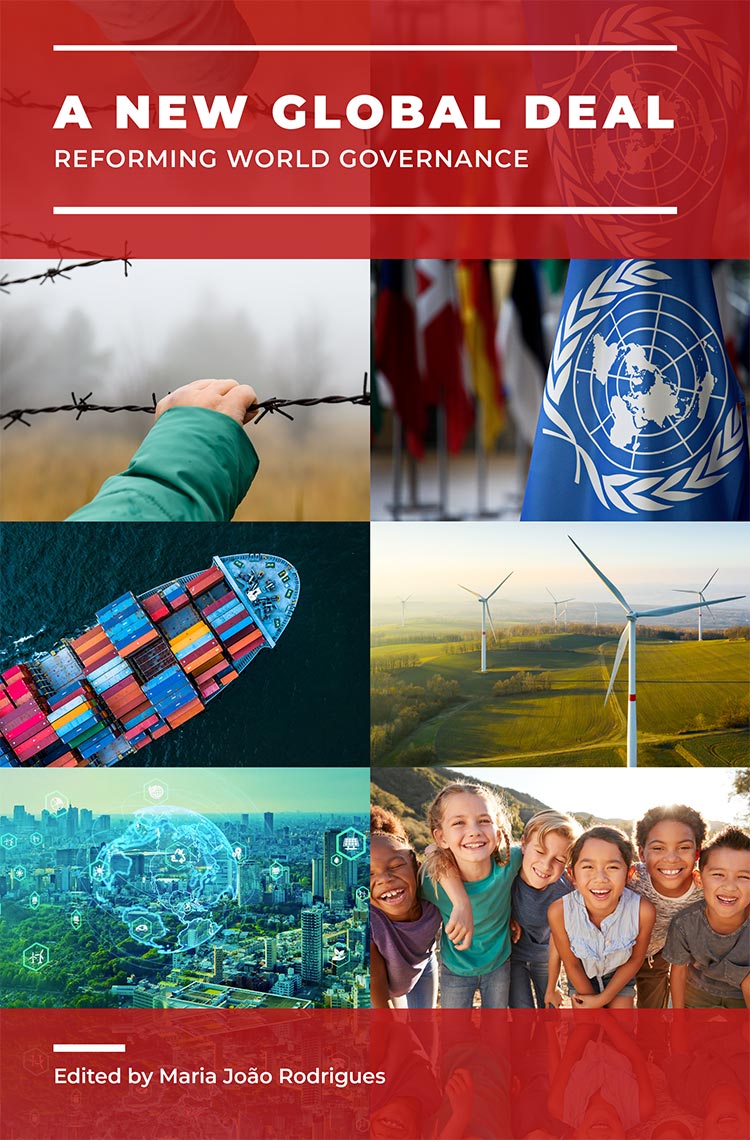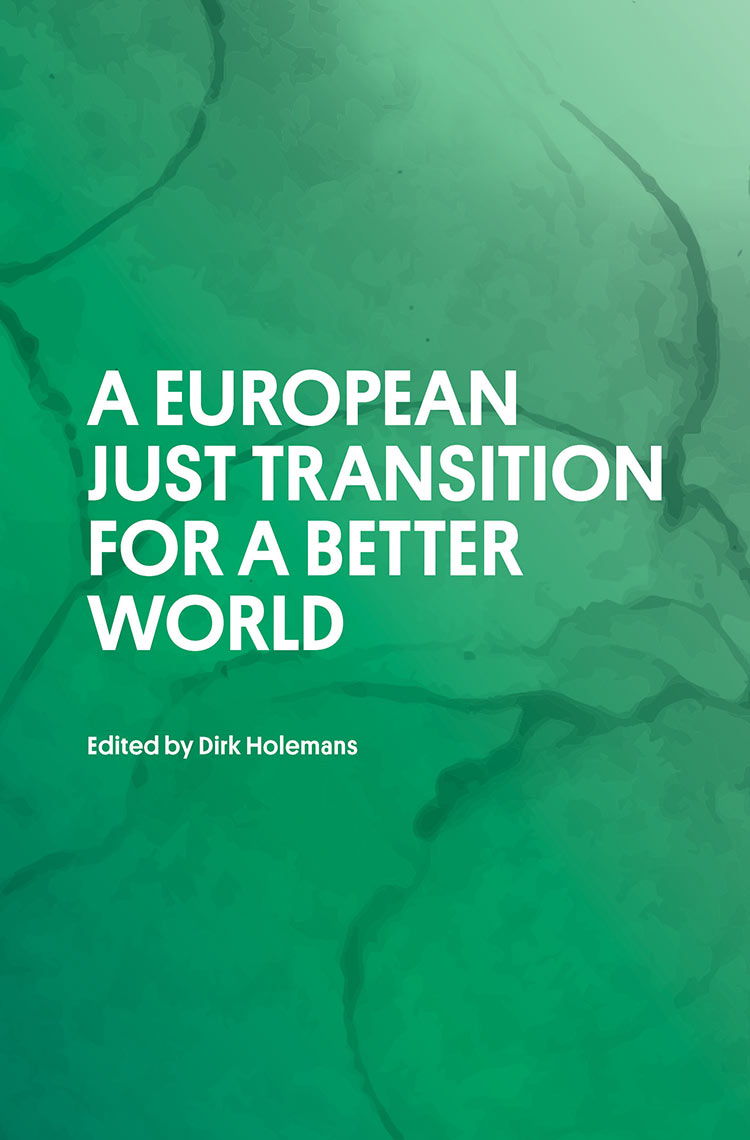Pandemics, climate disasters, financial crises, food insecurity, poverty, digital transformation and wars are just a few of the complex global challenges that societies must face up to. And yet the world governance systems that are currently in place are not capable of dealing with such challenges. Moreover, recent years have seen general backsliding and inequality when it comes to the implementation of the Sustainable Development Goals adopted by all member states of the United Nations in 2015 under their 2030 Agenda. World governance structures must be reformed if they are to cope with these global challenges and the complex interactions between them.
Against this background, A New Global Deal: Reforming World Governance aims to contribute to open dialogue across all continents concerning the priorities of reforming world governance and policies to address current global challenges. Based on contributions from renowned European progressive experts and policymakers, it makes proposals regarding the reform of the world governance system in crucial policy areas such as climate and environment, social issues, digital transformation, trade and supply chains and industrial policy. It also tackles the questions of how to reform the global financial architecture and the UN’s institutions.
Moreover, the book sketches the kind of new global deal that is necessary in order to enable all countries to implement the Sustainable Development Goals, to deliver new global public goods, and to ensure that all generations are able to improve their life chances.





